
Blog
Why You Should Choose Disposable Plastic Containers for Your Business Needs
In today's fast-paced business environment, selecting the right packaging solutions is critical for operational efficiency and customer satisfaction. Disposable plastic containers have emerged as a go-to choice for many industries, thanks to their versatility and convenience. According to a report from Grand View Research, the global market for disposable plastic packaging is expected to reach $415.4 billion by 2027, with a significant portion attributed to the ongoing demand for efficient and cost-effective storage solutions.
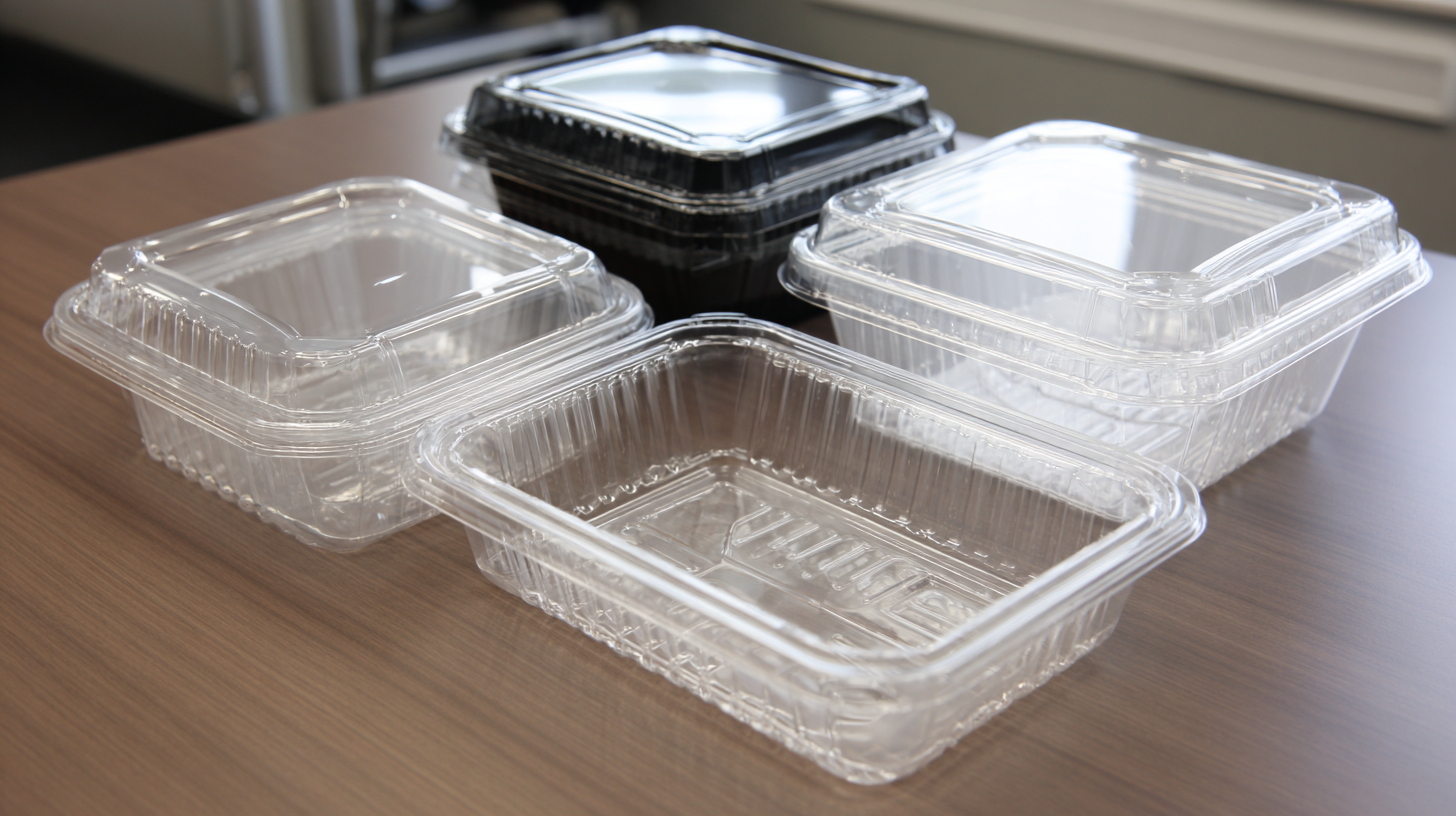
These containers not only streamline food service operations but also ensure food safety and hygiene, which is paramount in sectors like catering, takeout services, and food delivery. Furthermore, with increasing consumer awareness regarding sustainability, many manufacturers are now offering eco-friendly disposable plastic containers that cater to both the functional needs of businesses and the growing demand for environmentally responsible packaging.
Choosing disposable plastic containers can provide businesses with the agility they need to thrive in a competitive landscape while meeting consumer expectations.
Benefits of Using Disposable Plastic Containers for Food Service Businesses
In the food service industry, choosing the right containers is crucial for efficiency and customer satisfaction. Disposable plastic containers offer numerous benefits that can enhance the operational aspects of your business. Firstly, they are lightweight and easy to handle, making them ideal for both takeout services and catering events. Their moisture resistance also helps preserve food quality, ensuring that dishes are served fresh and appealing.
Tips: Consider investing in eco-friendly disposable plastic containers made from recycled materials. This choice not only supports sustainability but also appeals to environmentally-conscious customers.
Moreover, the convenience of disposable plastic containers cannot be overstated. They save valuable time on cleaning and sanitizing, allowing staff to focus on preparing and serving food. Additionally, these containers come in various sizes and shapes, making them versatile for different types of cuisine, whether it's salads, pastas, or desserts.
Tips: When selecting containers, look for options that are microwave-safe and leak-proof. This will enhance the customer experience by allowing easy reheating and preventing spills during transport.
Why You Should Choose Disposable Plastic Containers for Your Business Needs - Benefits of Using Disposable Plastic Containers for Food Service Businesses
| Benefit | Description | Environmental Impact | Cost Efficiency |
|---|---|---|---|
| Convenience | Easy to use and dispose of, saving time on cleaning. | Some materials are recyclable. | Reduces labor costs associated with washing and storing reusable containers. |
| Food Safety | Minimizes contamination risk as they are single-use. | Helps reduce food waste due to spoilage. | Lower initial investment compared to reusable containers. |
| Versatility | Available in various sizes and designs to meet different needs. | Innovative materials can be biodegradable. | Can reduce overall supply chain costs. |
| Branding Opportunities | Can be customized with logos and colors for marketing. | Custom options can appeal to eco-conscious consumers. | Affordable branding solutions for small businesses. |
Cost-Effectiveness: Why Disposable Plastic Containers Save You Money
Disposable plastic containers have become an increasingly popular option for businesses aiming to balance costs without sacrificing quality. A study by the Freedonia Group projected that the demand for disposable containers will surpass $31 billion by 2024, driven mainly by food service and retail industries. One of the primary reasons for this growth is the significant cost-effectiveness these containers offer. With lower material costs compared to reusable options and the elimination of cleaning expenses, businesses can realize substantial savings.
Moreover, a report from the Plastics Industry Association indicates that using disposable plastic containers can reduce operational costs by up to 20% in high-volume settings. This is especially pertinent for industries such as catering and takeaway food services, where convenience and efficiency are paramount. Businesses can allocate the savings from disposable containers towards other crucial areas, such as marketing or product development, creating a more robust and competitive operational strategy. By choosing disposable plastic containers, businesses not only streamline their processes but also enjoy financial benefits that can enhance their overall growth.
Convenience and Efficiency: Streamlining Your Operations with Disposables
In today's fast-paced business environment, the demand for
convenience and efficiency is paramount. Choosing
disposable plastic containers can significantly streamline your operations.
According to a report by Grand View Research, the global
disposable food packaging market is expected to reach
$400 billion by 2025, highlighting the growing preference among businesses for lightweight and ready-to-use
packaging solutions. These containers not only reduce the time spent on cleaning and sanitizing reusable items
but also minimize waste management complexities.
Tips for maximizing the benefits of disposable containers include selecting the
right size and type for your specific needs, ensuring they are BPA-free for safety, and investing in
environmentally friendly options when possible. Additionally, consider
bulk purchasing to take advantage of cost savings—industry data shows that buying
in bulk can reduce expenses by up to 20%.
Another advantage of disposable plastic containers is their contribution to
operational efficiency. A study by IBISWorld indicates that over 70% of food businesses rely on disposables,
allowing them to focus more on quality service rather than logistical challenges. By integrating disposables into your
workflow, you can enhance customer satisfaction while maintaining a streamlined operation.
Environmental Considerations: Choosing Eco-Friendly Plastic Options
When considering disposable plastic containers for business needs, it's essential to focus on eco-friendly options to align with growing environmental concerns. The global market for sustainable materials, including eco-friendly bags made from organic cotton and recycled plastics, highlights the shift toward more responsible consumption. Businesses are increasingly seeking solutions that not only meet their operational requirements but also contribute positively to the environment.
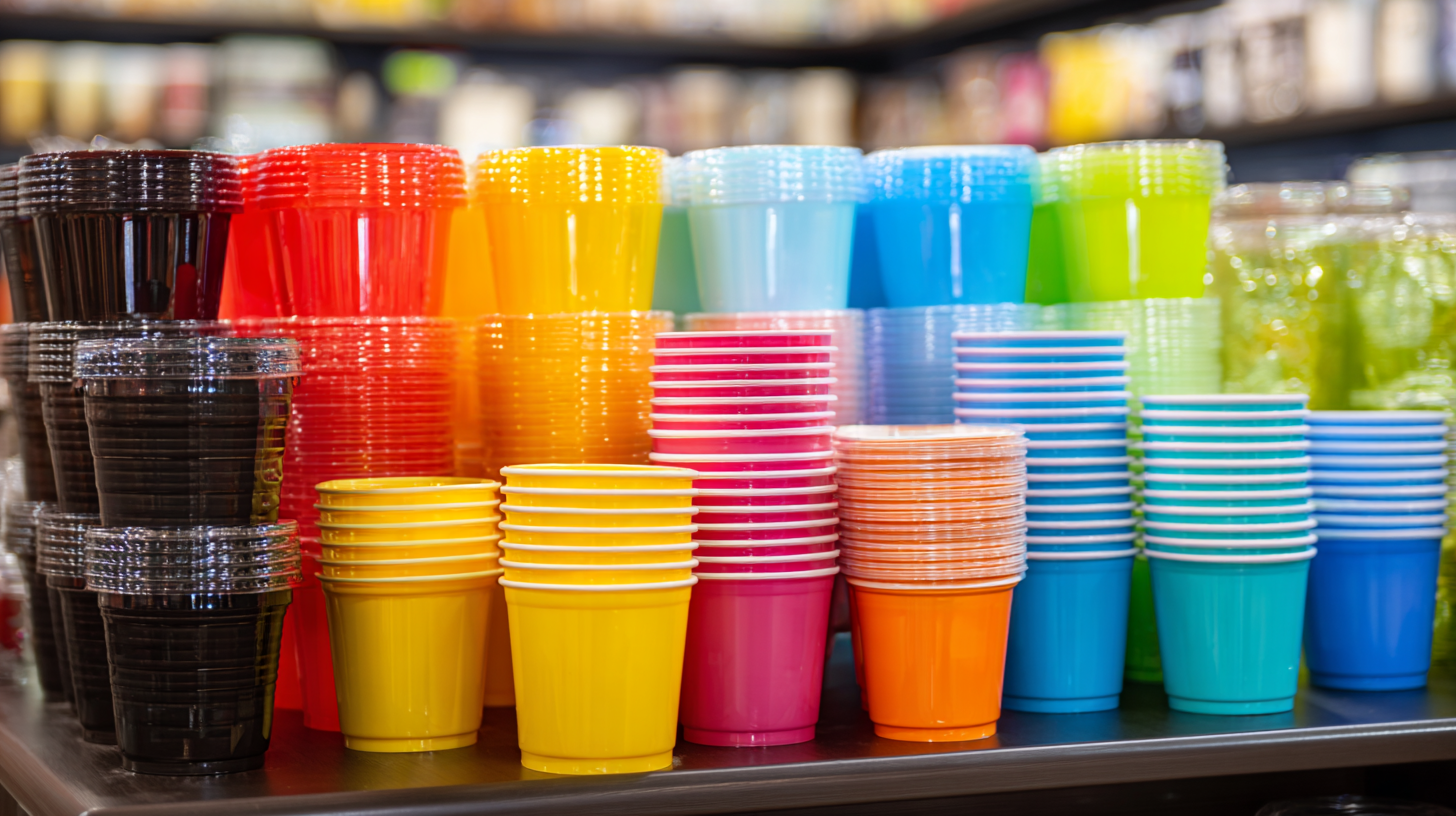
By opting for eco-conscious disposable plastic containers, companies can reduce their environmental footprint while ensuring functionality and convenience. For instance, containers made from recycled materials can offer a practical alternative that appeals to environmentally conscious consumers. As the trend towards sustainability continues to evolve, businesses providing these options will not only fulfill their immediate needs but also promote a greener future.
Adopting eco-friendly plastic choices is not just a trend; it reflects a commitment to sustainability and responsible business practices that can enhance brand loyalty.
Creative Uses: Leveraging Disposable Containers for Marketing and Presentation
Leveraging disposable plastic containers for marketing and presentation can provide businesses with unique opportunities to elevate their brand visibility and engage customers. With a versatile design and customizable options, these containers can be transformed into striking promotional tools. Incorporating vibrant colors and eye-catching graphics can create a lasting impression, turning simple packaging into an integral part of a brand's storytelling.
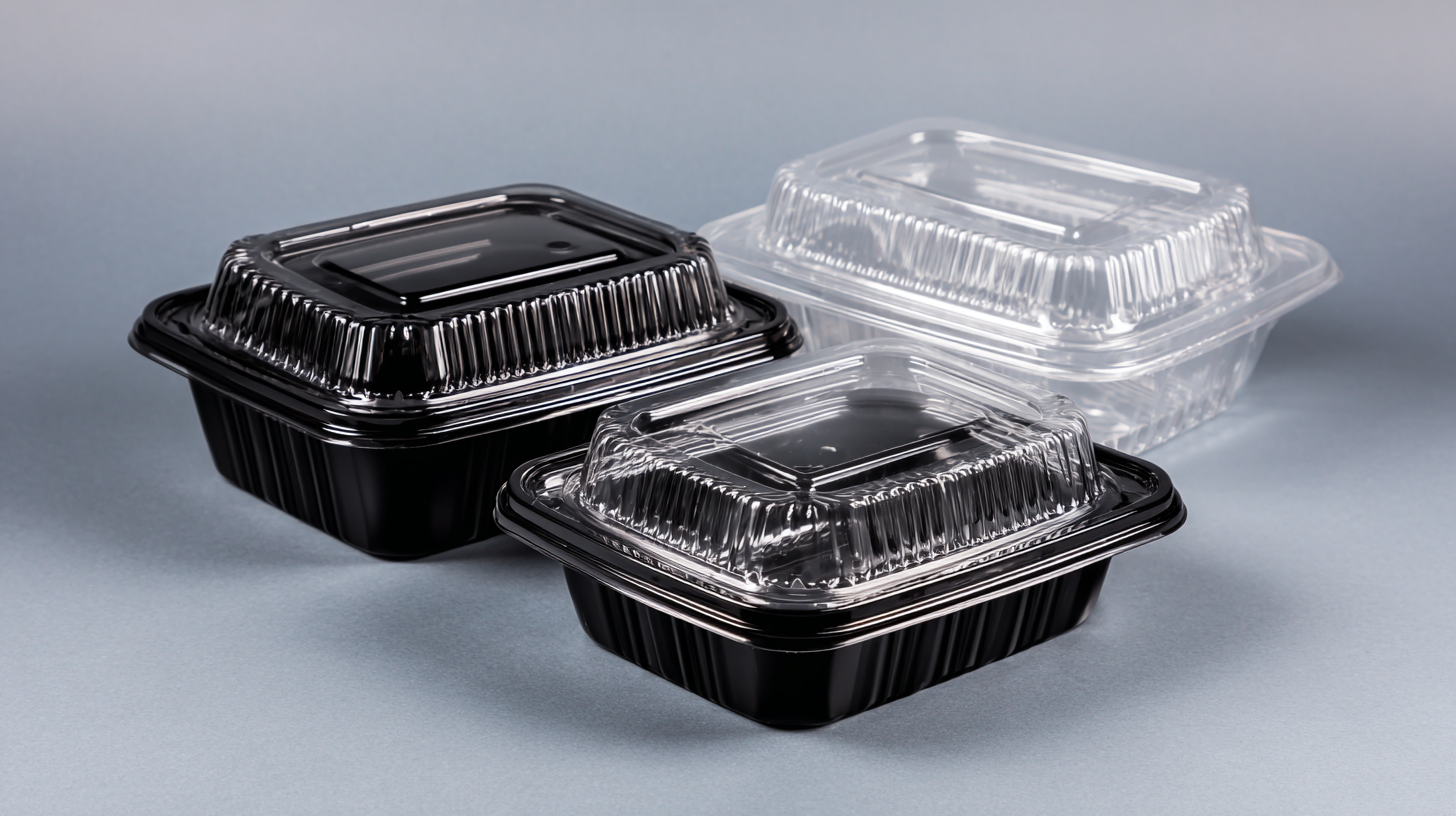 Creative presentation methods, such as using themed packaging during festive campaigns, can heighten customer interest and enhance the perceived value of products, setting companies apart in a competitive marketplace.
Creative presentation methods, such as using themed packaging during festive campaigns, can heighten customer interest and enhance the perceived value of products, setting companies apart in a competitive marketplace.
The growing trend towards sustainability in packaging presents an opportunity for businesses to align their marketing strategies with consumer values. Employing innovative materials and eco-friendly designs can attract environmentally conscious customers while maintaining the benefits of disposability. As brands increasingly focus on sustainability, using disposable containers crafted from recyclable or biodegradable materials can not only meet regulatory standards but also appeal to a wider audience. For companies looking to innovate their marketing approach, embracing the potential of disposable plastic containers can serve as a pathway to greater engagement and customer loyalty.
Related Posts
-
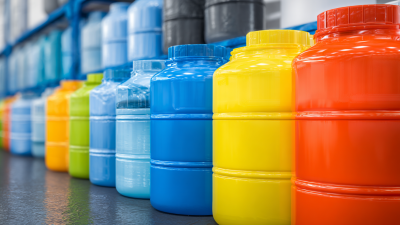
China's Commitment to Quality: The Rise of Best Plastic Gallon Containers on the Global Market
-
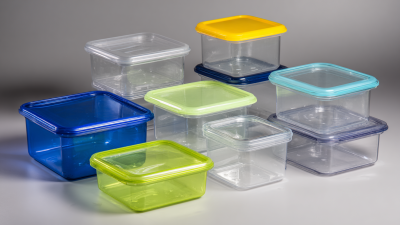
Finding Quality Suppliers for the Best Square Plastic Containers Made Easy
-
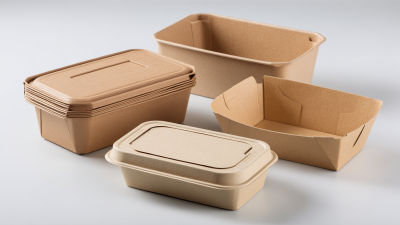
Revolutionizing Food Packaging Containers for 2025 The Ultimate Guide to Industry Trends and Innovations
-

How to Choose the Right Plastic Bottles for Your Business Needs
-

How to Select the Right Plastic Bulk Containers for Optimal Warehouse Efficiency
-

How to Choose the Right Disposable Food Containers for Your Needs
